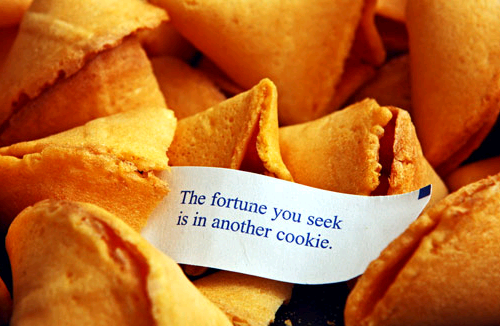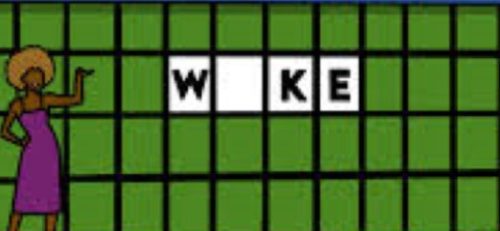This is a guest post by Stuart, of echurchwebsites
Many of you will be acutely aware by now that the Methodist Church, at their recent national conference, voted to boycott products from Israeli “illegal” settlements.
The Methodists have produced a rather lengthy conference paper entitled somewhat misleadingly; Justice for Palestine and Israel. I have seen the paper produced by the Board of Deputies in response to this conference paper, on which the vote was based, and it appears to have been entirely ignored.
In the conference paper we almost immediately catch sight of the familiar organisational players behind this move, namely, the World Council of Churches and Christian Aid.
I would like to highlight the general absurdity of claiming to promote justice and peace in a conflict situation, through the instrument of disproportionate vilification and delegitimization of one party.
I note, that the paper also proposes to examine Christian Zionist-theology. To put it another way, there will be an attempt to cut down at the root, any theological support for Israel within Methodism.
There is also the predictable lack of coverage of Christian persecution and harassment at the hands of the Palestinian Authority and Hamas-sponsored gangs.
The Methodist paper also makes mention of the “Kairos Palestine Document” (Don’t theyalways), which many commentators have opined was the act of Palestinian Christians operating from a position of duress, self-preservation and effectively “hedging their bets” under Islamic rule. Again, this document makes no mention of Muslim persecution of Christians in the Palestinian areas.
I will not be drawn into publicly engaging and naming the individual anti-Zionists who have driven this paper (Joseph Weissman has already provided an excellent article on this), as I will not be party to providing yet further exposure and publicity for them. It remains to be seen whether they operate in this manner through ignorance, hatred or twisted theology.
For the purposes of transparency, I hold to an unashamedly Zionist-theology.
Christian Zionism takes many forms. At one extreme of the spectrum are those, many of whom are based in the US, who actually seek to bring about Armageddon by involvement in the political process (for example, lobbying US governments) to exacerbate conflict in the Middle East so that Scripture may be fulfilled, thus hastening Christ’s return. Anti-Christian Zionists tend – somewhat mischievously – to bunch all Christian Zionists within this extreme camp reading itself into a pivotal prophetic role aimed at bringing about the Second Coming. But this not only lacks nuance, it is misleading.
The fact is, a Christian Zionist is simply any Christian who believes that, accordingly to biblical prophecy, God will restore the land to the Jewish people one day. Most regard the 1948 formation of the modern State of Israel after nearly two thousand years as at least a partial fulfillment of such prophecies. But within this camp, which counts many millions of Christians, there may be a variety of views concerning responses to Israel as a nation, with some who are convinced Israel can do no wrong, but with very many others taking a more objective view, including criticism of Israeli administrations when warranted.
The belief God will restore the Jewish people to the land is a theological one. It does not automatically translate into an “Israel right or wrong” position, or dictate any particular, specific, political position. Thus, one can be a Christian Zionist without this meaning a blank cheque for Israel to do as she pleases.
From my vantage and connections, I am fully persuaded that the anti-Israeli gesticulations exemplified by the conduct of the Methodist Church are not shared by the majority of the Christian grassroots, and are quite simply a radical infiltration of the upper echelon, through the mechanism of ‘network’ exploitation.
Why then the resounding silence from those in positions of authority who may be opposed to such moves?
Sadly, we have entered a period whereby to openly support Israel is potentially damaging to reputations and careers. There is a general fear of being stereotyped as a Zionist extremist. The Jewish community is right to be wary of this type, as well as Christians being labelled as such.
This is a sad state of affairs as it gives further impetuous to the anti-Zionists, which is a travesty, as there are many reasonable, rational, individual Christians and groups who support Israel.
I am in general agreement with Rabbi Abraham Cooper, the associate dean of the Simon Wiesenthal Center and affirm his belief that anti-Zionist theology poses a growing threat to Israel, and has the potential to pose an existential danger, especially when hijacked by Israel hating radical groups and regimes.
Cooper, speaking at a plenary session of the seventh annual Jerusalem Conference in the capital said:
“Theologians and activists in some prominent Protestant churches are seeking to destroy Israel from Above,” Cooper warned. “Their activities threaten to turn traditional friends into enemies and erode support for Israel in the United States…. They cast Israel as a theological mistake, conceived in the sin of the last gasp of Western colonialism.”
“Anti-Israel momentum is building,” Cooper warned. He charged that the leadership of these churches had “accepted the Arab narrative.”
The Archbishop of Canterbury who was recently in Jordan was quoted as saying:-
……the theology of Christian Zionism has no historical base and is a recent Protestant addition. – Eurasia Review.
So, what can we do?
I would call on all right thinking Methodists to register their protest and if necessary, vote with their feet and boycott the boycotters.
I would urge all rational and reasonable Christians to raise their voices and communicate their support for Israel. In this way, we will demonstrate that grassroots rational Christians will no longer remain silent on this issue.
All of us must follow the path advocated by Dr Calvin Smith, who has dedicated his academic life to rational discourse within the Christian community, and forged the course of the middle path, trying to encourage people to be more circumspect in their examination of the issues.
Finally, I must emphasise that many, many, Christians reject anti-Zionism and such posturing. We feel like a very small voice right now, and I would urge you to support us in any way you can, especially online, as Harry’s Place have done.


